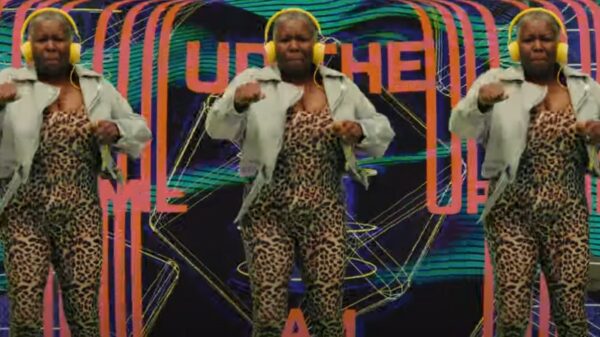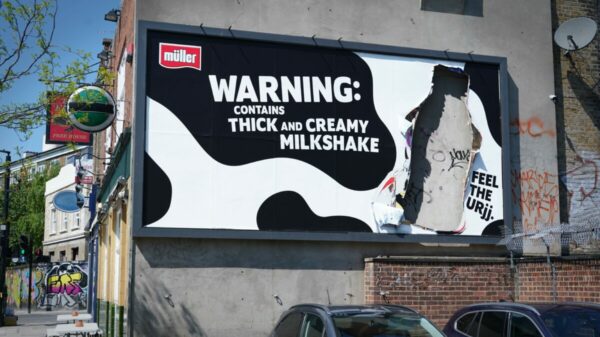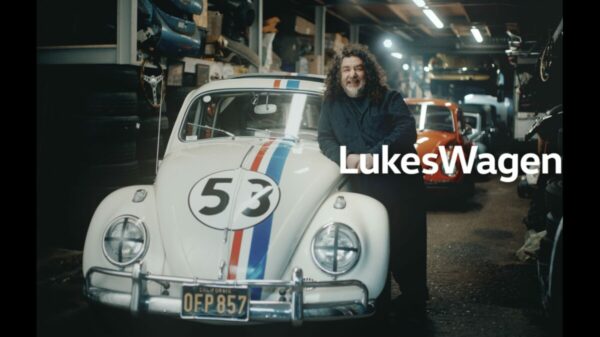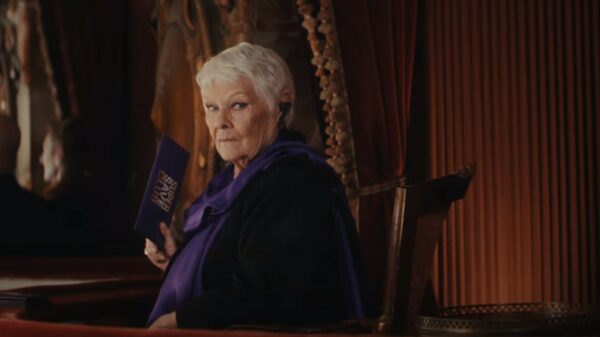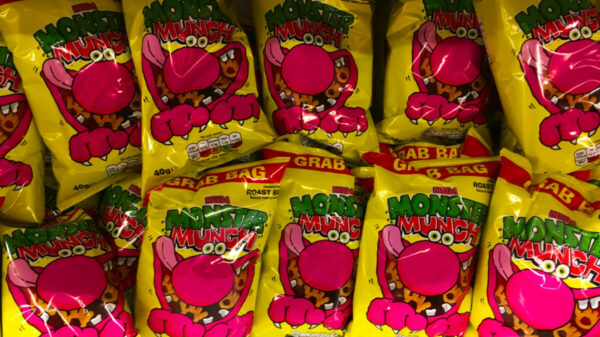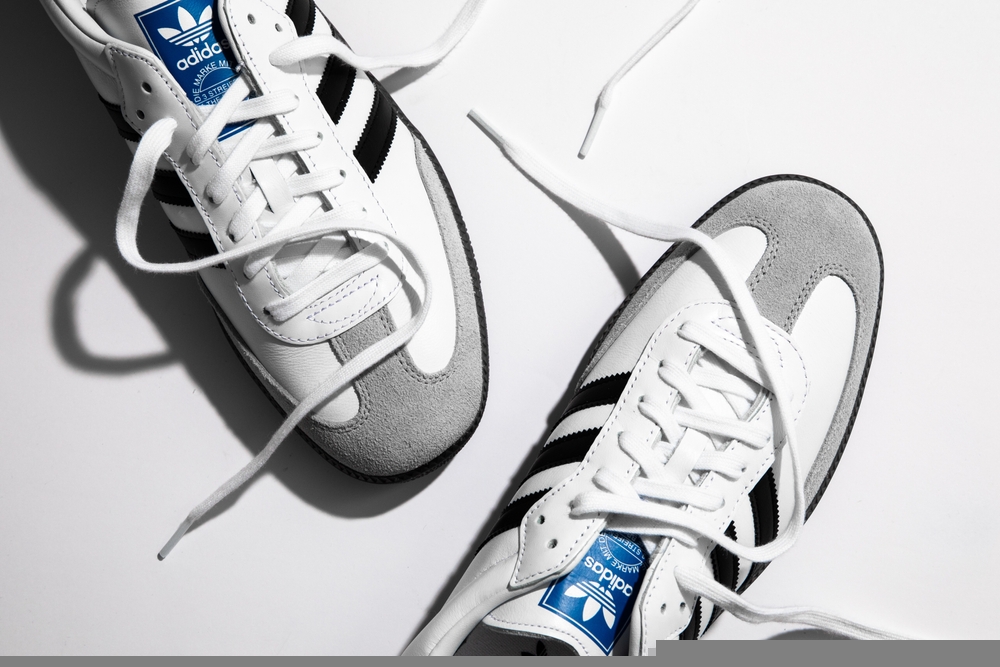Advertising to children is a tale as old as time, and for the most part advertisers do their job responsibly. However, despite an increasingly strict clampdown on the frequency and nature of ads targeted at children and teenagers, some advertisers still get it wrong.
In the UK it is the Advertising Standards Authority’s (ASA) job to make sure brands and broadcasters toe the line when exposing under-18s to ads that risk causing distress and harm.
Last May, the advertising watchdog released a report which found that – since 2010 – children’s exposure to alcohol and gambling ads had fallen by 75% and 25% respectively.
“As part of our commitment to protecting vulnerable audiences from potential harms, we conduct regular monitoring of ads, in particular those for age-restricted products, to help identify trends and ensure our tough scheduling restrictions are working to limit appropriately, in this case children’s, exposure to them,” the ASA said at the time.
The authority’s rules – the Committee of Advertising Practice (CAP) codes – are designed to achieve a decline in children’s exposure to ads for age-restricted products. However, the fact that children were watching an average of 82.8 ads a week in 2021 still points to an increased chance of young people viewing ads that could be considered unsuitable.
In recent years, the ASA has been sifting through and removing a flurry of advertisements released in the UK in recent times in a bid to protect and safeguard children.
Here are six examples of how the ad regulator is clamping down on inappropriately targeted ads, betting and alcohol ads, and even adverts that sexualise under-18s.
Demi Lovato ‘HOLY FVCK’ album advert
Earlier this month, Demi Lovato had a poster advert for her new album ‘HOLY FVCK’ banned by the ASA for being inappropriate for children to view and also causing ‘widespread offence’ on religious grounds.
The ad saw the star wear a bondage-style outfit while lying on a large, cushioned crucifix.
Polydor Records responded by explaining that its agency had approved the poster and deemed it as acceptable to run on the proposed sites.
For a four-day period the poster appeared at six sites in London and was removed on 23 August last year.
The advertising regulator not only deemed the language to be offensive but also considered that the ad had been targeted irresponsibly as it had appeared in an untargeted medium and public place where children were likely to see it.
To add to the violations of the authority’s code, the ASA also believed that the imagery linked sexuality to the symbol of the crucifix and was therefore likely to cause serious offence to Christians.

Wild deodorant masturbation ad
Wild deodrant also had an ad banned for inappropriately targeting children.
The brand’s YouTube ad opens with a woman sitting up in bed, masturbating under the bed covers while watching a computer screen. She is then interrupted by a talking polar bear which quizzes her on what she was watching and then joins her in bed.
The complainant, whose ten-year-old son reportedly saw the ad, challenged whether it had been irresponsibly targeted because it was seen before Minecraft videos which were likely to appeal to children.
Wild Cosmetics responded to the claims by affirming that it had ‘taken care’ to avoid the ad being shown to a younger audience. The firm claimed that it targets its YouTube ads based on users’ interests, for example health and beauty.
‘2 High 2 Care’ ad
To add to the ASA’s crackdown on inappropriately targeting children, last week a YouTube ad for electronic music artist Sickotoy’s single, ‘2 High 2 Care’, was removed by the watchdog.
The ad for the song was seen during the child-friendly video ‘Funny Scary Dino Family Song’ on the Baby Toonz Kids TV channel.
Lyrics repeated throughout the advert included “I’m too fucking high to care”, “All night taking shots”, “That girl just gave me drugs” and “99 bitches all wanna fuck”.
Global Records responded to the matter by admitting that the ad was not intended to be seen by those younger than 18 years of age. The company reportedly targeted the ad at people who had shown previous interest in Sickotoy or Electronic Dance Music (EDM).
Nevertheless, the advertising watchdog ruled that because the ad had appeared during a video of particular appeal to children, it considered that the targeting criteria used by Global Records had proved insufficient.
Ladbrokes Twitter football ad
On 1 October 2022 the ASA established a CAP code that enforced that gambling ads must not appeal to young people by ‘reflecting or being associated with youth culture’. This includes featuring people or stars that are likely to have a large appeal to under-18s.
The advertising regulator considers Premier League footballers as ‘high risks’ within the gambling CAP guidance.
As a result, a promoted tweet for betting brand Ladbrokes was banned by the ASA last October for featuring several football stars.
The ad contained an embedded video showing an image reel of Premier League footballers Philippe Coutinho, Jesse Lingard and Kalidou Koulibaly and included the text: “Can these big summer signings make the question marks over their performances go away?”
Ladbrokes claimed that while the tweet had 50,666 impressions, 0% of their targeted audience was under 20 years old.
Nevertheless, the ASA ruled that the ad be removed in light of the knowledge that Twitter does not use “robust age-verification”.
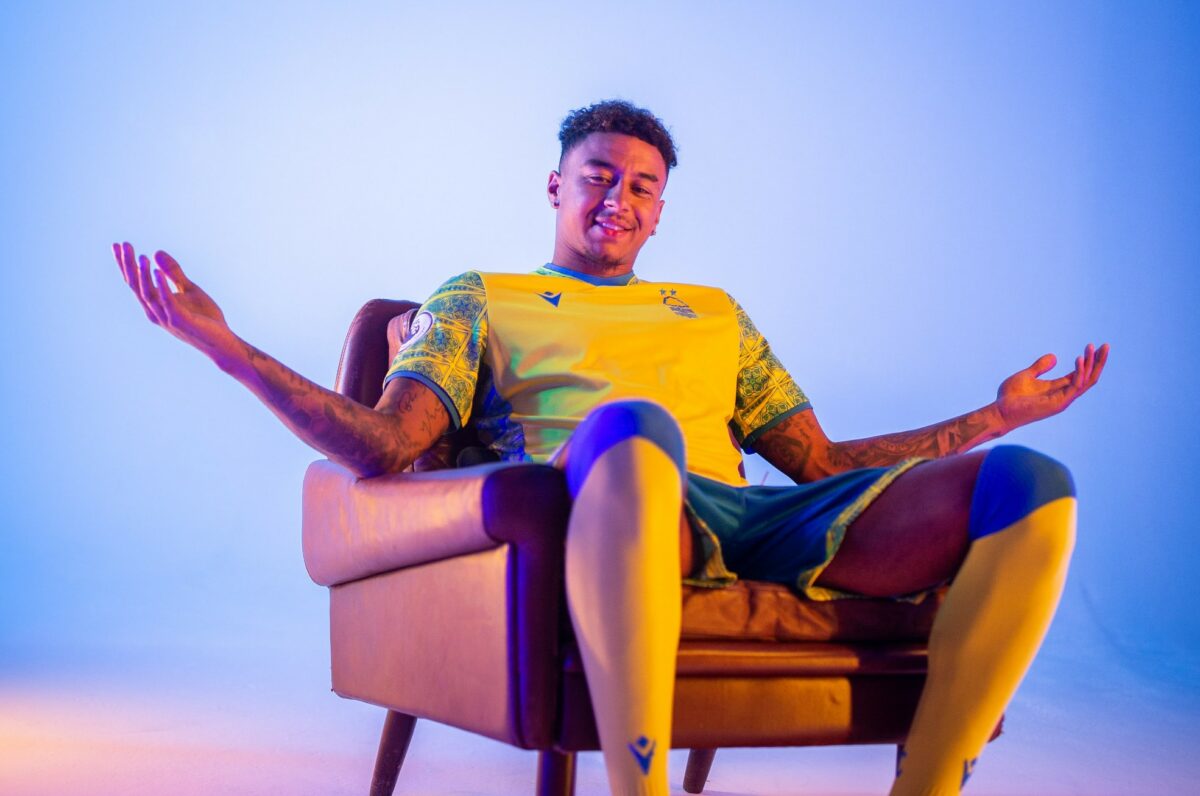
DrunkH drinking game ad
Not only does the ASA regularly keep a close eye on gambling ads but the regulator also ensures that alcohol advertising is frequently kept in check.
CAP code requires that ads that refer to alcohol drinks are not directed at under 18s through “the selection of media or the context in which they appear”.
Last December, drinking game brand DrunkH, had an Instagram and website ad banned for exactly this reason.
The promotions for the “UK’s most irresponsible drinking game” and the “drinking game you’ll never remember” was found to be inappropriately targeted at minors.
The ads also featured the text: “Hangover guaranteed. DRUNKH is a no fuss, no bullshit drinking game. We’ve taken away confusing rules, because who understands those when you’re pissed?”
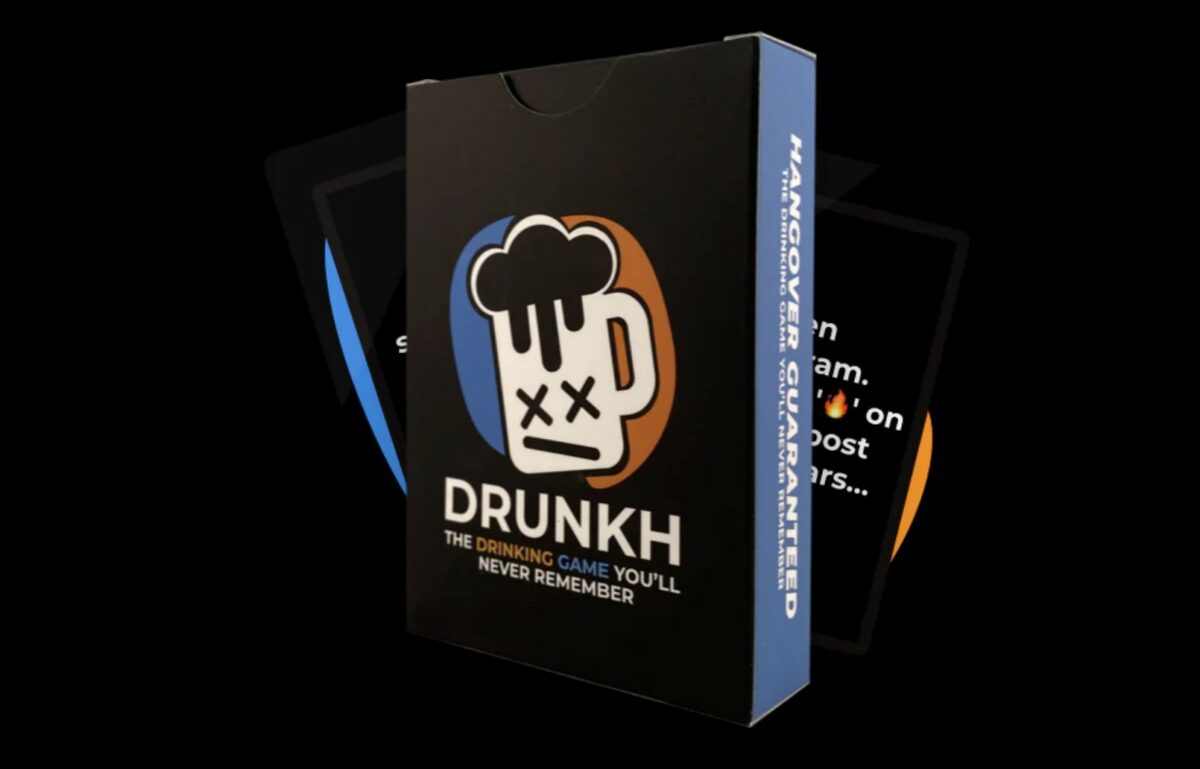
PrettyLittleThing’s sexually suggestive images of a child
Believe it or not, now and then the ASA has to regulate the sexualisation of children in advertising.
Last August, a PrettyLittleThing ad was banned for using sexually suggestive images of a 16-year-old.
Brand ambassador Alabama Barker – daughter of drummer Travis Barker and the step-daughter of Kourtney Kardashian – featured on the retailer’s website posing in tight-fitting, revealing clothing.
The abhorrent images also appeared alongside text which read: “Channel that teen dream realness with barely-there micro mini skirts.”
One of the clothing brand’s responses included the fact that the ad had been approved by 16-year-old Barker. PrettyLittleThing also added that she often poses in a similar style on her own Instagram account.
The ASA also told the fashion brand to “ensure future ads did not include images that portrayed or represented anyone who was, or seemed to be, under 18 in a sexual manner”.


